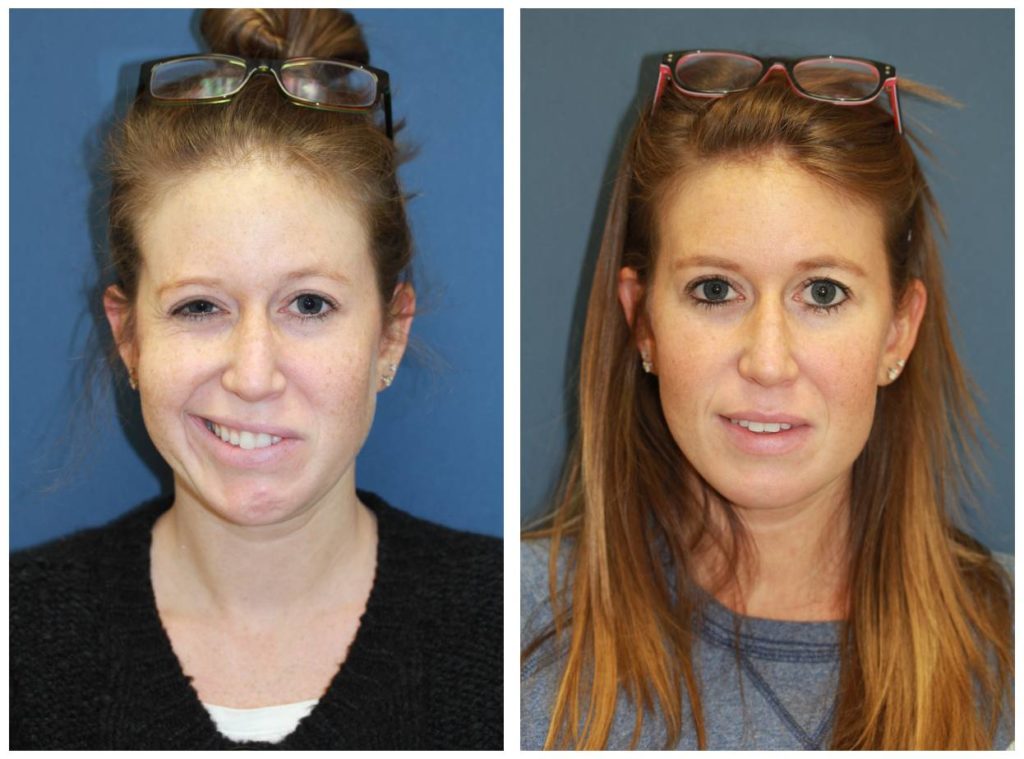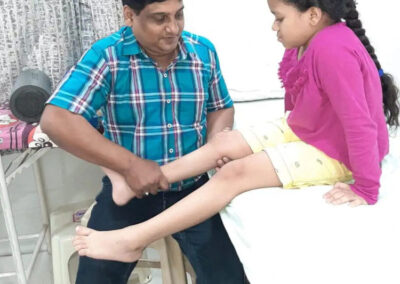The goals of post-operative rehabilitation vary based on the type of surgery and individual patient needs. However, common objectives include:
- Pain Management: Goal: Minimize post-operative pain through appropriate interventions, including medications, physical modalities, and therapeutic techniques.
- Reducing Inflammation: Goal: Address and reduce swelling and inflammation at the surgical site through controlled movements, ice therapy, and other modalities.
- Restoring Range of Motion: Goal: Gradually regain normal joint movement and flexibility through targeted exercises and stretching.
- Strengthening Muscles: Goal: Rebuild muscle strength lost during the surgical period through progressive resistance exercises to enhance stability and function.
- Improving Mobility: Goal: Enhance overall mobility and functional movements to facilitate activities of daily living and promote independence.
- Promoting Healing: Goal: Support the body’s natural healing processes by providing a conducive environment through appropriate exercises and therapies.
- Preventing Complications: Goal: Minimize the risk of post-operative complications, such as blood clots, joint contractures, or muscle atrophy, through targeted interventions.
- Enhancing Cardiovascular Endurance: Goal: Improve cardiovascular fitness through aerobic exercises, gradually increasing endurance and stamina.
- Facilitating Scar Tissue Management: Goal: Promote optimal scar tissue formation and prevent adhesions through scar massage and specialized stretching exercises.
- Promoting Neuromuscular Control: Goal: Improve coordination and proprioception to enhance control over movements and reduce the risk of falls or injuries.
- Educating the Patient: Goal: Empower patients with knowledge about their condition, surgical procedure, and rehabilitation plan, enabling them to actively participate in their recovery.
- Supporting Psychological Well-being: Goal: Address any psychological impact of the surgery, such as anxiety or depression, by providing emotional support and fostering a positive mindset.
- Achieving Functional Independence: Goal: Enable patients to resume normal activities and regain independence in daily life, work, and recreational pursuits.
- Monitoring Progress: Goal: Regularly assess and adjust the rehabilitation plan based on the patient’s progress, ensuring that goals are realistic and achievable.
- Preparing for Return to Work or Sports: Goal: For those who engage in work or sports activities, rehabilitation aims to prepare individuals for a safe return to these activities by gradually reintroducing specific functional tasks.
The specific goals may vary depending on factors such as the surgical procedure, the patient’s pre-operative health, and any additional considerations. Rehabilitation programs are often tailored to the individual to address their unique needs and optimize the recovery process.
If you’re on the path to recovery or seeking expert physiotherapy care, look no further. Dr. K.K. Mishra, renowned Physiotherapist in Borivali East, is here to guide you through a personalized rehabilitation journey.




